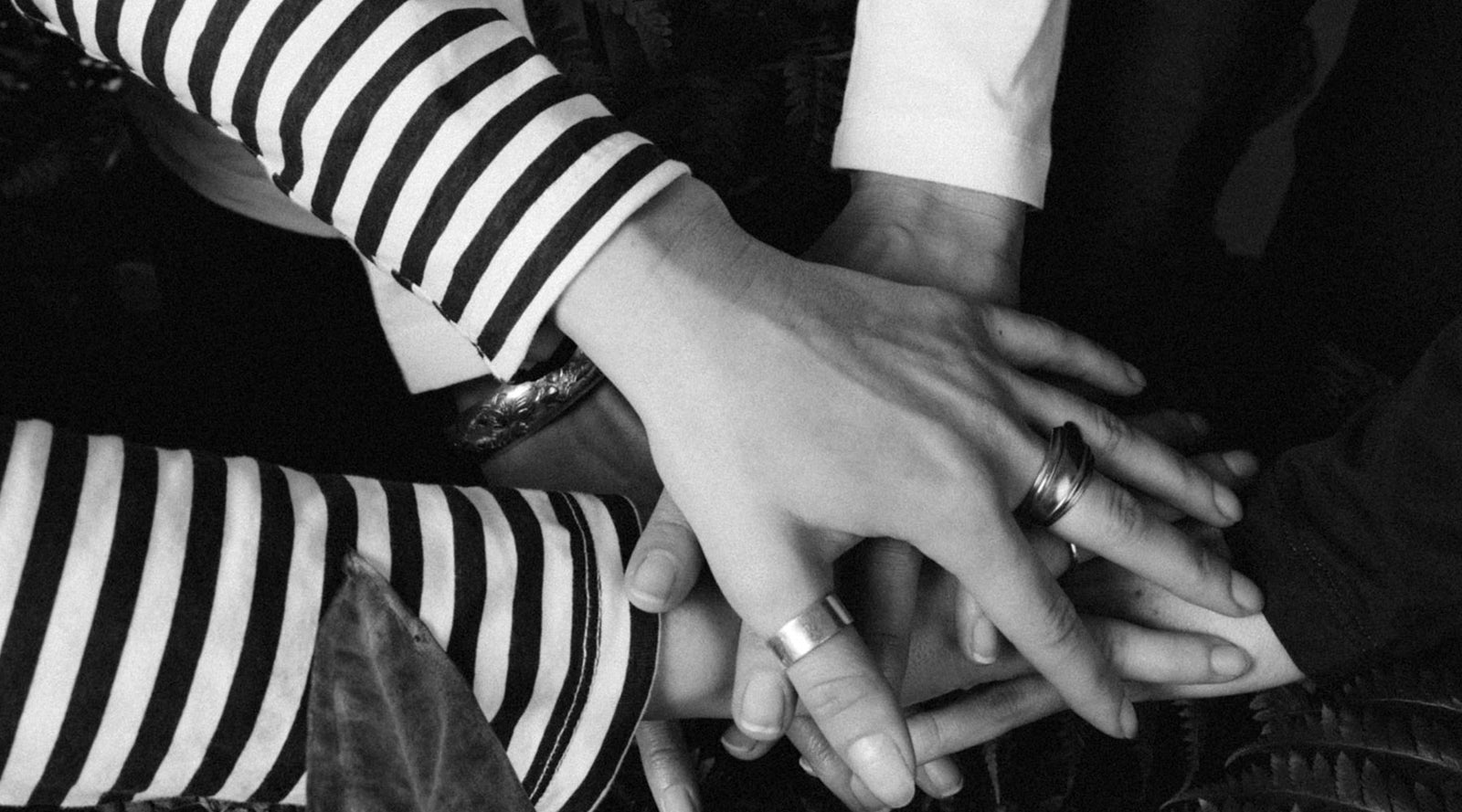Your Cart is Empty
I absolutely love the linen skirt, I have worn it many times since I bought it, it goes with everything and can be worn anywhere. I should have gotten it in all available colors. Highly recommend
Lovely design - versatile in that it can double as an undergarment - very comfortable.
I absolutely love this dress. It stretches perfectly so I don't have to stress about weight fluctuations while it hugs me so well! 10/10 would recommend to everyone.

